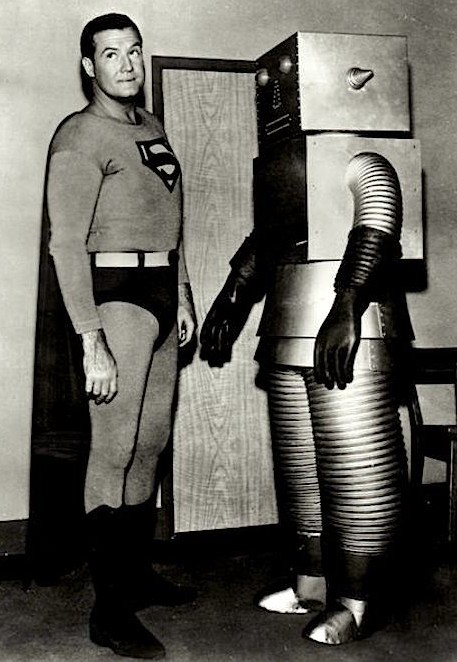Demis Hassabis, the Google Deep Learning expert recently interviewed by Steven Levy, is also queried by Murad Ahmed in the Financial Times. He argues what I suspect to be true: Machine consciousness isn’t anywhere on the horizon though not theoretically impossible. An excerpt:
A modern polymath, the 38-year-old’s career has already included spells as a child chess prodigy, master computer programmer, video games designer and neuroscientist. Four years ago, these experiences led him to start DeepMind, an AI company that, he says, has the aim of making “machines smart.”
For some, this is a utopic idea — a world aided by super-smart digital assistants working to solve humanity’s most pressing problems, from disease to climate change. Others warn of a grim Armageddon, with cognisant robots becoming all too aware of human limitations, then moving to crush their dumb creators without emotion.
Hassabis, wearing a figure-hugging black top and dark-rimmed glasses, blends in at Hakkasan, where the decor is mostly black and the lighting minimal. He tells me he knows the place well — it’s where he took executives from Google, during a series of meetings that led to the search giant paying £400m for his fledgling company a year ago. Google is betting Hassabis may be able to unlock the secrets of the mind.
“It’s quite possible there are unique things about humans,” he argues. “But, in terms of intelligence, it doesn’t seem likely. With the brain, there isn’t anything non-computable.” In other words, the brain is a computer like any other and can, therefore, be recreated. Traits previously considered innate to humans — imagination, creativity, even consciousness — may just be the equivalent of software programs. …
Hassabis argues that we’re getting ahead of ourselves. “It’s very, very far in the future from the kinds of things we’re currently dealing with, which is playing Pong on Atari,” he says. “I think the next four, five, 10 years, we’ll have a lot more information about what these systems do, what kind of computations they’re creating, how to specify the right goals. At the moment, these are science fiction stories. Yes, there’s no doubt that AI is going to be a hugely powerful technology. That’s why I work on it. It has the power to provide incredible advances for humanity.”
Too soon then, to be worrying about how to wage war with a sentient robot army? “In our research programme, there isn’t anything that says ‘program consciousness,’ ” he says.•
Tags: Demis Hassabis

